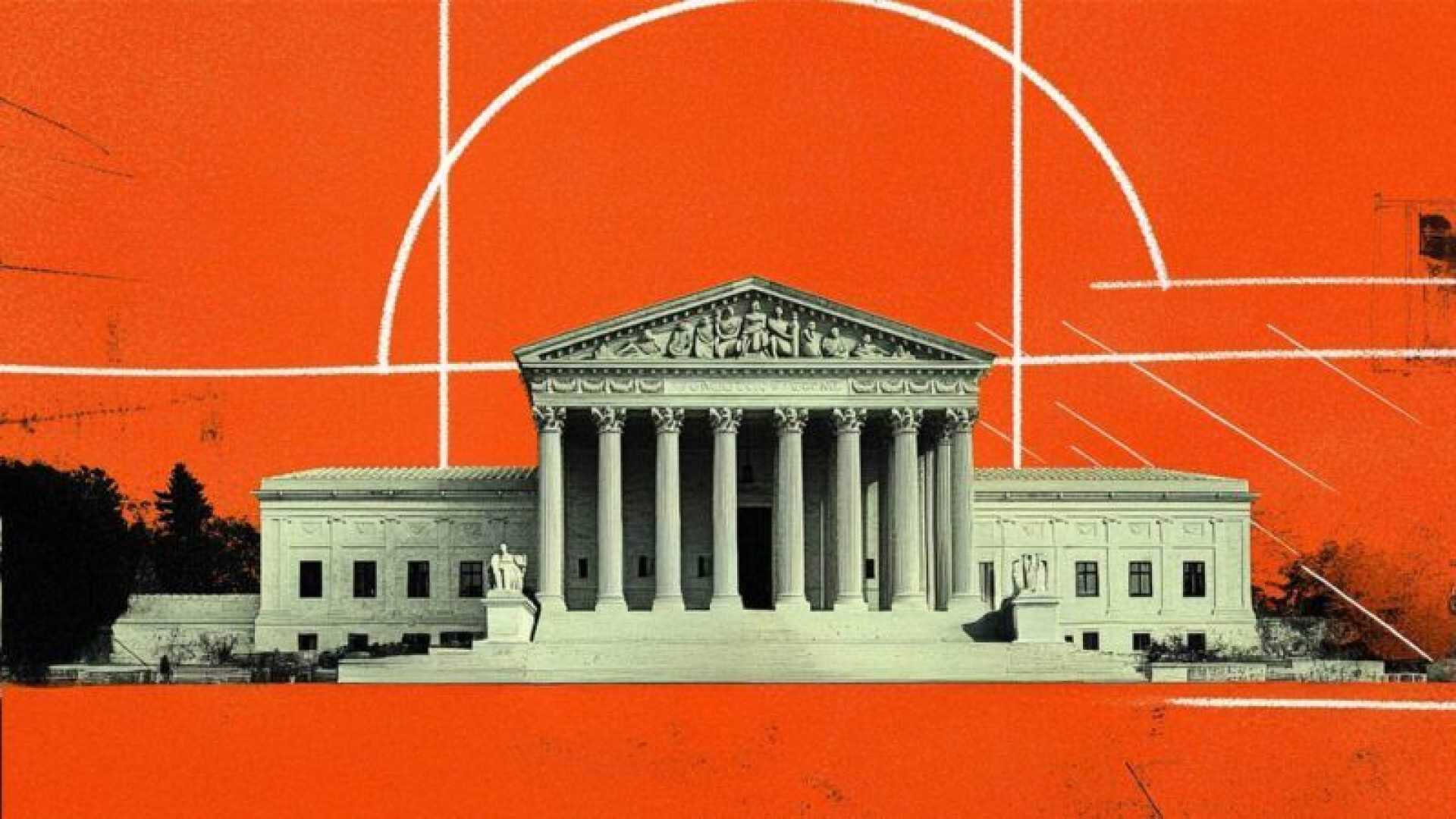Politics
Supreme Court Faces Key Decisions Before Summer Recess

Washington, D.C. — The U.S. Supreme Court is set to issue key opinions on ten significant cases before its summer recess, which begins in late June or early July. The justices will convene on Thursday, June 26, to announce their rulings, with the possibility of adding more opinion days before the break.
Among the cases under review is a challenge concerning the First Step Act, a 2018 law aimed at reducing mandatory-minimum sentences. The court will determine whether this law applies to defendants whose sentences were vacated before the law was enacted, leading to a resentencing.
Another high-profile case involves a Texas law requiring age verification for access to pornography sites. A trade group representing the adult entertainment industry contests this measure, arguing it may infringe on free speech. The justices will assess whether the Fifth Circuit Court applied the appropriate constitutional standard in its review of the law.
Currently, Justices Clarence Thomas and Ketanji Brown Jackson have not yet delivered opinions from the January session. Predictions suggest Thomas may write on the Free Speech Coalition case, while Jackson, with her background on the U.S. Sentencing Commission, might address the Hewitt case.
March’s outstanding cases remain even more uncertain, as Justices Sonia Sotomayor and Neil Gorsuch still have pending opinions. With only four cases from this session left to decide, possible authorship is difficult to predict.
Moreover, three justices—Samuel Alito, Elena Kagan, and Jackson—haven’t published opinions for April. Alito is expected to write on the Mahmoud case, while either Kagan or Jackson might take on Braidwood.
One notable case slated for a decision ties back to President Donald Trump‘s controversial executive order concerning birthright citizenship. The justices will rule on whether federal district courts can issue nationwide injunctions against the executive orders, a crucial issue that could define the limits of presidential authority.
As the court nears the end of its term, it is faced with a significant workload and the potential for extensions. The next few days are critical for these landmark cases that address fundamental rights and legal interpretations affecting many Americans.












